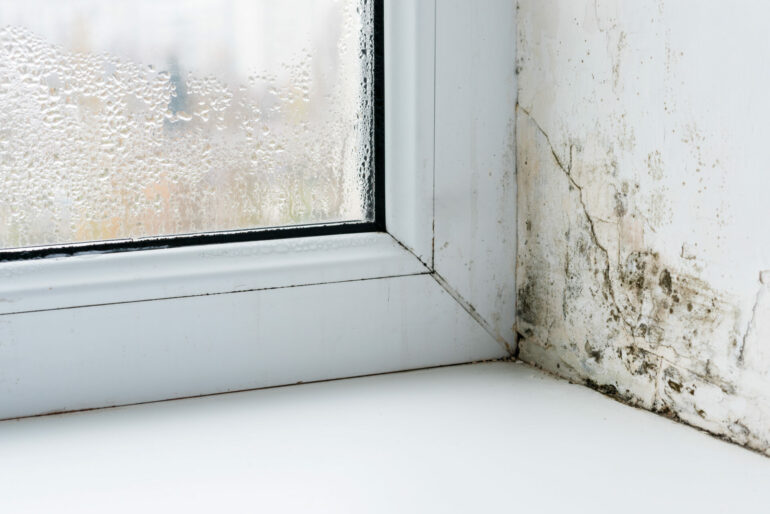Social housing tenants in England are set to benefit from stronger legal protections as the first phase of Awaab’s Law comes into effect from today, 27th October 2025.
The new legislation, introduced in response to the death of two-year-old Awaab Ishak from prolonged mould exposure, requires social landlords to act swiftly when serious health and safety issues are identified in tenants’ homes.
Under the new rules, landlords must repair emergency hazards within 24 hours of them being reported.
They are also required to investigate reports of significant damp and mould within 10 working days, make affected properties safe within five days of inspection, and share written findings with tenants within three working days.
The legislation also compels landlords to take into account the individual circumstances of tenants, including those with young children, disabilities or health conditions.
Where homes cannot be made safe within the set timeframes, landlords must offer alternative accommodation.
Those who fail to comply with the requirements could face legal action, enforcement orders, compensation claims and loss of rental income where homes are deemed uninhabitable.
Housing Secretary Steve Reed said: “Our changes will give tenants a stronger voice and force landlords to act urgently when lives are at risk, ensuring such tragedies are never repeated.
“Everyone deserves a safe and decent home to live in and Awaab Ishak is a powerful reminder of how this can sadly be a matter of life or death.
“Awaab’s family has fought hard for change and their work to protect millions of tenants’ lives will live on as a legacy to their son. ”
Further elements of Awaab’s Law will be rolled out in 2026 and 2027, expanding protections against other hazards as part of a wider government programme to improve housing safety and build 1.5 million new homes, including a major increase in social and affordable housing.
The government has also launched a £1m fund to strengthen tenant engagement.
Grants of up to £100,000 will be made available to organisations developing innovative ways to improve communication between tenants and landlords, helping residents have a stronger voice in how their homes are managed.
Gavin Smart, chief executive of the Chartered Institute of Housing, said: “We welcome Awaab’s Law as a significant step in ensuring that all social housing tenants live in safe and decent homes.
“It is the culmination of committed efforts by Awaab Ishak’s family and provides an important new framework for addressing serious health and safety concerns, beginning with damp and mould.
“Social landlords have been preparing for this change and have new processes in place to respond to these new requirements.
“We also welcome the new funding to enhance tenant engagement, a vital investment to help build cultures of trust, accountability, and safety in social housing.”



